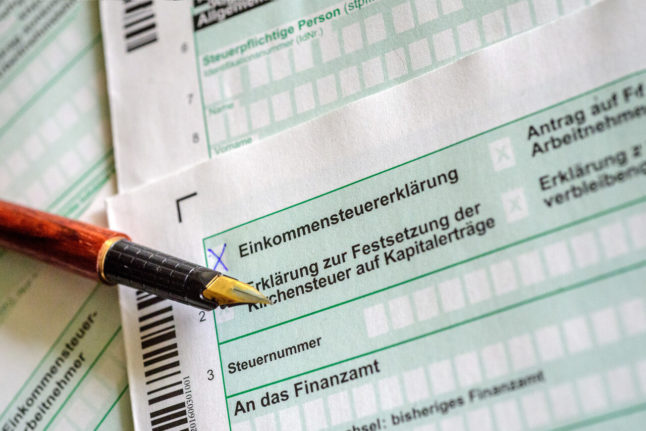The group said that the tax burden was highest for single households with lower incomes. In 2008, a single person earning two thirds of an average annual German wage of €44,000 ended up losing almost half his or her pay packet – some 47.3 percent – in taxes and social security contributions. The OECD average was only 33.5 percent.
But the organisation said the German tax system also put double income couples at a disadvantage.
“On the other hand, if only one partner holds a job, then the social contributions are relatively moderate in an OECD comparison. And that’s irrespective of whether the couple has to take care of children,” the group said in a statement.
People with high incomes profit the most from the country’s tax and welfare regime, according to the OECD thanks to caps on social security contributions past a certain salary limit.



 Please whitelist us to continue reading.
Please whitelist us to continue reading.
Member comments